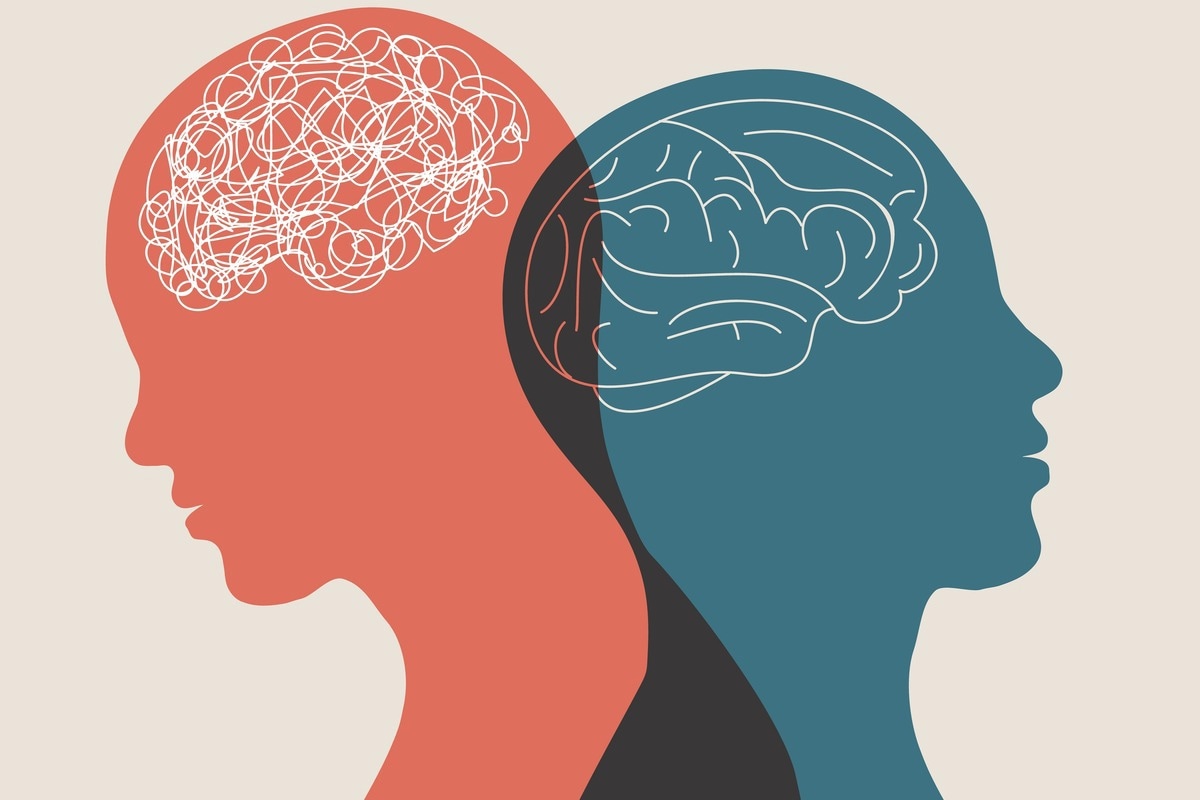Introduction
Group identification and mental health
Group identification and adolescent mental health
Multiple group identifications and mental health
References
Further reading
What are people's perceptions of themselves, and how do they view themselves? Because people's perceptions of themselves are affected by the environment they experience, they look outside of themselves to the social context. Identity is described as a notion of the self, the substance of the self, or knowledge about who I am, built-in terms of norms and orders that apply to social situations, according to social identification theories.

Image Credit: Rawpixel.com/Shutterstock.com
Introduction
Symbolic interactionists have defined the process of constructing the self-concept by emphasizing the importance of individual structure relationships. Self-continuity is defined as a sense of continuity between one's past and present identities and has been linked to improved mental wellbeing. Studies show, for example, that self-evaluation temporal stability is connected to higher levels of positive impact and lower levels of depression. In contrast, emotions of dissociation, sadness, and even suicide have all been linked to a notion of self.
Nancy Chodorow gives a psychological examination of the creation of gender identity in the close social surroundings of the family in The Reproduction of Mothering (1999). Gender identity, according to Chodorow, is the result of a unique family arrangement in which women are solely responsible for child care. Children develop their gender identity by separating themselves from their primary caretakers, often their mothers.
Chodorow claims that individuals acquire diverse gender identities based on sex because their early social environments change and are perceived differently by male and female toddlers. Her research has been particularly significant in describing how patriarchal behaviors in Western societies affect individual identification processes.
Social identification theories have broadened the scope of study into transdisciplinary domains in recent years. Various social-scientific concepts and viewpoints, such as collective protest, political rhetoric, diversity, and system-justification beliefs, are progressively included as essential parts of social identification processes.
On the other hand, social identification theories have been criticized for treating identities as individual status categories such as race/ethnicity or gender. By focusing on the development of specific social-status categories, identification theorists sometimes overlook structural concerns, such as unique historical and cultural antecedents or the political ramifications of identification experiences in a given society.
Many social theorists try to link social identity with psychological wellbeing. For example, social identity theory initially proposed that in-group identification and preference lead to increased self-esteem. Overall, these theories suggest that social identity is linked to psychological wellbeing, defined as increased positive-hedonic indicators like self-esteem and life satisfaction and decreased negative indicators like depression, anxiety, and stress.
Group identification and mental health
The social identity viewpoint has helped emphasize the significant implications that group identification may have on people's behavior and mental processes, whether in adults or children or adolescents. Researchers have shown that persons who are members of organizations with which we identify are more likely to help, like, and collaborate with them.
Importantly, the numerous advantages of belonging to a community also apply to mental health. Greater identification with the family, the workgroup, and the support group predict higher levels of psychological wellbeing and lower levels of self-reported psychiatric symptoms, according to research (particularly depression, anxiety, and stress).

Image Credit: melitas/Shutterstock.com
Group identification and adolescent mental health
While many studies have focused on the crucial impacts that group identification may have on adult populations' mental health, few social identity researchers have looked into the influence of group identification on teenagers' mental health. This is a significant oversight, given that 75% of mental problems manifest before age 25, and many claim that young people's mental health is deteriorating.
Adolescent mental health problems increase the risk of mental illness in adulthood; this has prompted calls for adolescent treatment plans and preventative actions for potentially vulnerable individuals to be taken earlier in life.
Multiple group identifications and mental health
One of the major concepts of social identity theory is that we all belong to several social groups, even if we don't necessarily identify with all of them. The possible health advantages of multiple group memberships have begun to be discussed in the social identification literature, but perhaps more crucially, the potential health benefits of identifying with numerous social groups simultaneously.
For example, Iyer et al. (2009) found that having multiple group identifications can be particularly beneficial for wellbeing in their study assessing wellbeing after joining university, because being a member of a group with which one feels a sense of belonging can provide individuals with knowledge and opportunities, which can provide material and psychological resources.
References
- Haslam, S. A., Jetten, J., Postmes, T., & Haslam, C. (2008). Social Identity, Health and Well‐Being: An Emerging Agenda for Applied Psychology. Applied Psychology, 58(1), 1–23. https://doi.org/10.1111/j.1464-0597.2008.00379.x
- McIntyre, J. C., Wickham, S., Barr, B., & Bentall, R. P. (2017). Social Identity and Psychosis: Associations and Psychological Mechanisms. Schizophrenia Bulletin, 44(3), 681–690. https://doi.org/10.1093/schbul/sbx110
- Miller, K., Wakefield, J. R., & Sani, F. (2015). Identification with social groups is associated with mental health in adolescents: Evidence from a Scottish community sample. Psychiatry Research, 228(3), 340–346. https://doi.org/10.1016/j.psychres.2015.05.088
- Sharma, S., & Sharma, M. (2010). Self, social identity and psychological wellbeing. Psychological Studies, 55(2), 118–136. https://doi.org/10.1007/s12646-010-0011-8
- "Social Identification ." International Encyclopedia of the Social Sciences. Retrieved January 24, 2022 from Encyclopedia.com: https://www.encyclopedia.com/social-sciences/applied-and-social-sciences-magazines/social-identification
Further Reading
Last Updated: Jun 30, 2022